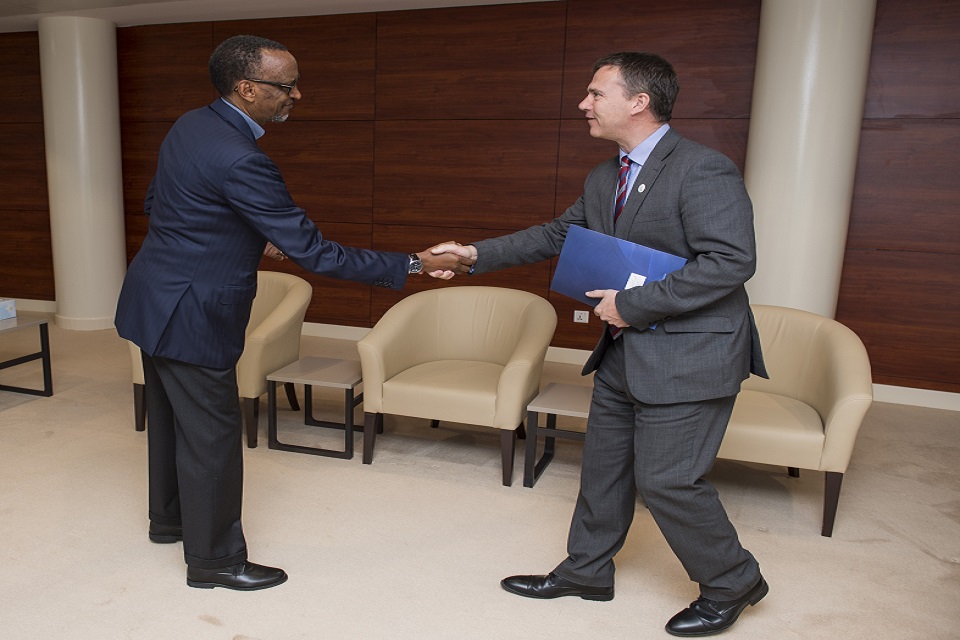News story: Prime Minister of India’s visit, April 2018
Updated: closer military ties announcement added
Indian Prime Minister Narendra Modi has today begun his second visit to the UK as an official Guest of Government, as part of the Commonwealth Heads of Government Meeting.
The UK and India are bound together by numerous personal, professional, cultural and institutional ties, and also share a global outlook and a commitment to the rule of law, making us natural partners. The visit will help strengthen this partnership further, improving the prosperity and security for the UK and India.
Foreign Secretary welcomes Prime Minister Modi to the UK
Foreign Secretary welcomes Prime Minister Modi
The UK and India are bound together by numerous personal, professional, cultural and institutional ties, and also share a global outlook and a commitment to the rule of law, making us natural partners. Today’s visit will help strengthen this partnership further, improving the prosperity and security for the UK and India.
Prime Ministers’ meeting
Prime Minister Theresa May met with Prime Minister Narendra Modi.
They held wide-ranging and constructive discussions and underlined our strategic partnership and growing convergence on regional and international issues.
Read the UK-India joint statement.
Memorandums of Understanding, agreements and partnership announcements
The UK and Indian governments announced a wide range of new initiatives and agreements.
View the full list of Memorandums of Understanding and agreements.
Health
The United Kingdom and India will extend their health partnership and share research, knowledge and technology in areas of anti-microbial resistance, low cost health products and high yield crops.
Research
The UK will continue to grow our already strong research partnership with India with tech-focused investments that focus on issues of global importance including agriculture, clean energy, global health and the environment.
Tech
A new UK-India Tech Partnership will pair businesses, universities and others from different regions in the UK with states in India.
Trade
A new India-UK Trade Partnership will seek to improve the accessibility of trade and remove barriers for businesses in both countries.
Closer military ties
The UK and India will continue to strengthen their defence and security relationship, working more closer together than ever before to tackle terrorism and threats to cyber security.
UK-India cultural links
The UK and India are joined by a ‘living bridge’ as thousands of British and Indian people live, work and study together each year.
